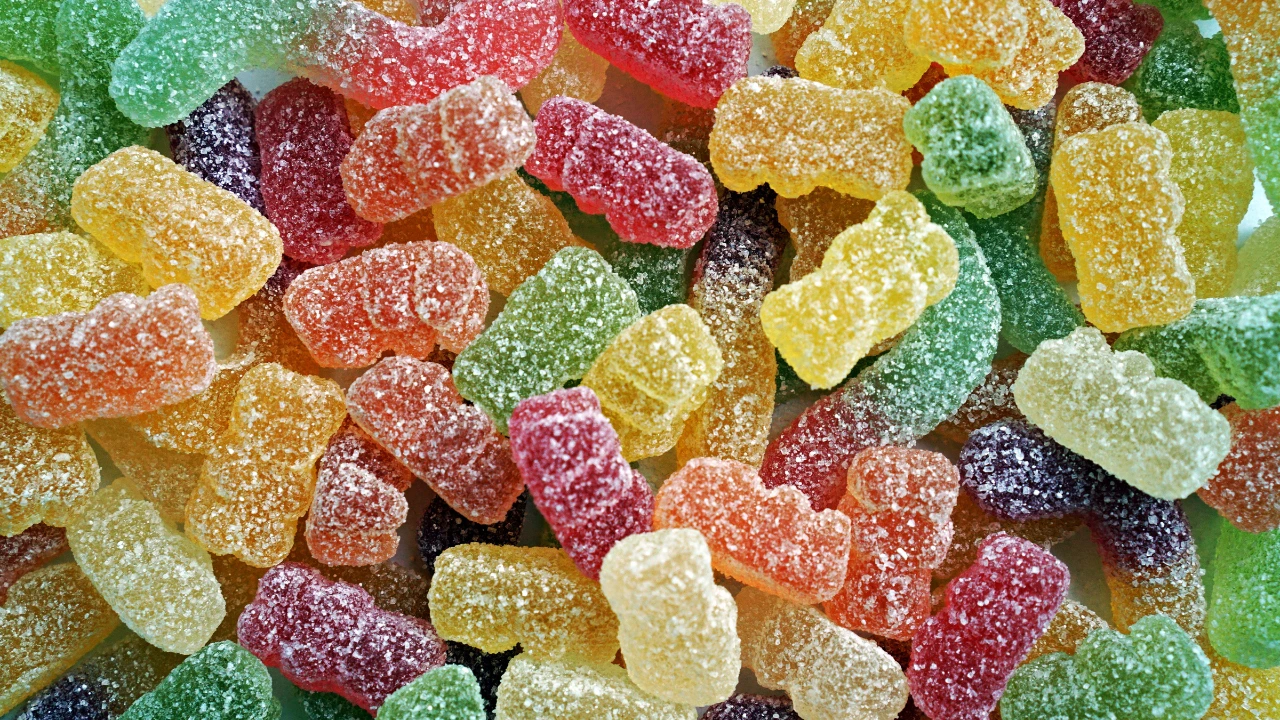
Don’t give foods with sugar to babies – children under 2 years old aren’t supposed to have added sugar in their diets.
Like it sounds, “added sugar” is sugar or syrup that’s added to foods and beverages. The main sources of added sugars are sugar-sweetened beverages (including some fruit juice), snacks, and candy. Many packaged foods have added sugar (including some you might not expect, like apple sauce, tomato sauce, bread, and peanut butter).
On the label, sugar may appear under other names, like sucrose, high fructose corn syrup, agave nectar, cane sugar, and barley malt syrup. It’s not always easy to recognise sugar based on what it’s called, but you can always check the nutrition facts label for “added sugars.” Avoid giving your baby packaged foods and beverages that list one gram or more of added sugars.
Added sugars are different from sugars found naturally in foods like dairy products and fruit. These foods are also filled with essential vitamins and minerals that your baby needs for development, and the natural sugars they contain are part of a healthy diet for babies.
Is sugar bad for babies?
Yes. Sugar has plenty of calories, but they’re “empty calories” with no nutritional value for your baby. Eating and drinking too many foods and beverages with added sugars is tied to chronic diseases such as obesity, diabetes, and heart disease.
Even as your child gets older, it’s best to limit sugar. Nutritional guidelines recommend that everyone over the age of 2 get no more than 10 percent of their daily calories from added sugars. Too much sugar in a child’s diet can also lead to tooth decay and early cavities – one more reason to limit how much sugar your child eats.
And because eating habits and tastes are learned early, what you offer your baby now will affect them for the rest of their life. Help your child get off to a healthy start by limiting added sugars and setting the stage for a lifetime of nutritious eating.
Can babies be allergic to sugar?
True sugar allergies are rare, but your baby can have an intolerance to sugar, which can sometimes be confused with a food allergy. For example, babies could get diarrhea from having too much sugar from fruit juice, but that would be a food intolerance, or sensitivity, rather than an allergy. Read the label of the candy that you buy for your child if it includes the serious allergic foods in it. If an allergic reaction happens please take them to emergency room or call emergency number.
Can babies have candy?
Candy isn’t good for babies: Hard or chewy candies are a choking hazard, and candy is full of sugar and lacking in nutrients.
Once they turn 2, it’s okay to give your child an occasional sweet treat – like a bit of chocolate that melts in their mouth, or a small cookie or bite of cake. Just limit sugary foods to once in a while. If your child gets used to the taste of sweets, they may not be as happy with fruits and veggies anymore.
And never give your baby hard candies such as peppermints, butterscotch drops, or jellybeans before they’re 4 years old. This type of candy can easily cause choking because babies can’t chew it properly and it may slip down their throat.
It can feel like candy is everywhere. It’s nearly impossible to avoid during the holidays, and well-meaning relatives may want to sneak your child candy or sips of soda to show their affection. Telling loved ones “no” may be tough, but it’s important to make sure your child gets nutrients they need to develop. They’re not eating many calories, so make sure every one counts.


Add a Comment